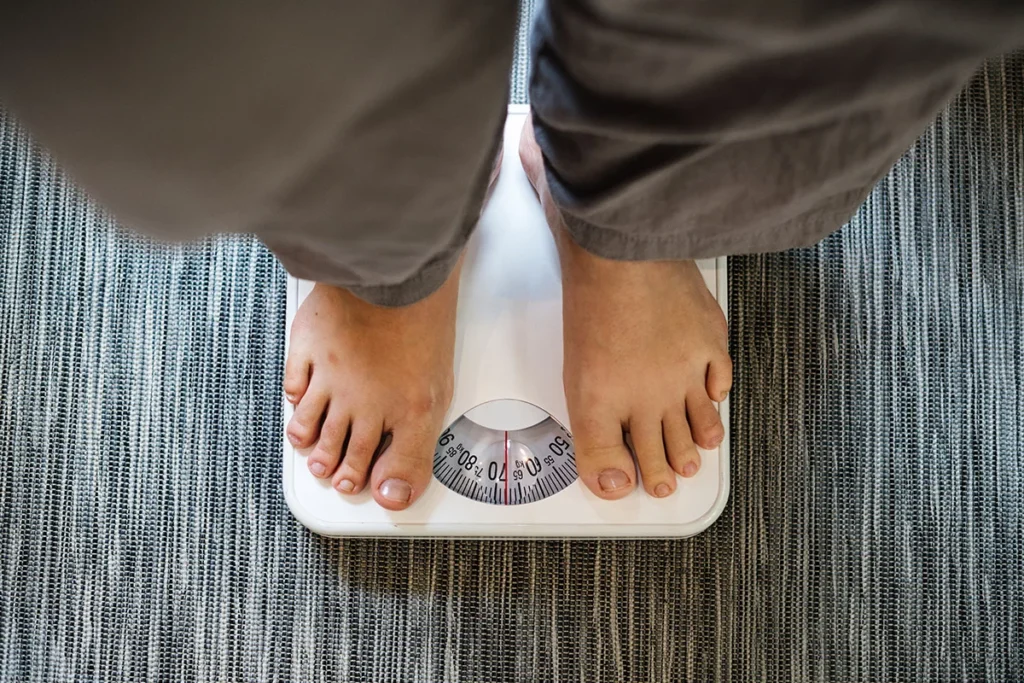Why Grip Strength Matters
In middle-aged and elderly people, grip strength consistently predicts mortality risk from all causes, doing an even better job than blood pressure. In older disabled women, grip strength predicts all-cause mortality, even when controlling for disease status, inflammatory load, depression, nutritional status, and inactivity.
Poor grip strength is also an independent risk factor for type 2 diabetes across all ethnicities, and it can predict the presence of osteoarthritis in the knee. Among Korean adults, those with lower grip strength have a greater risk of clinical depression
Even when handgrip strength fails to predict disease, it still predicts the quality of life in people with the disease. The relative rate of grip strength reduction in healthy people is a good marker for the progression of a general aging. Faster decline, faster aging. Slower (or no) decline, slower aging. Stronger people—as indicated by their grip strength—are simply better at navigating the physical world and maintaining independence into old age.

